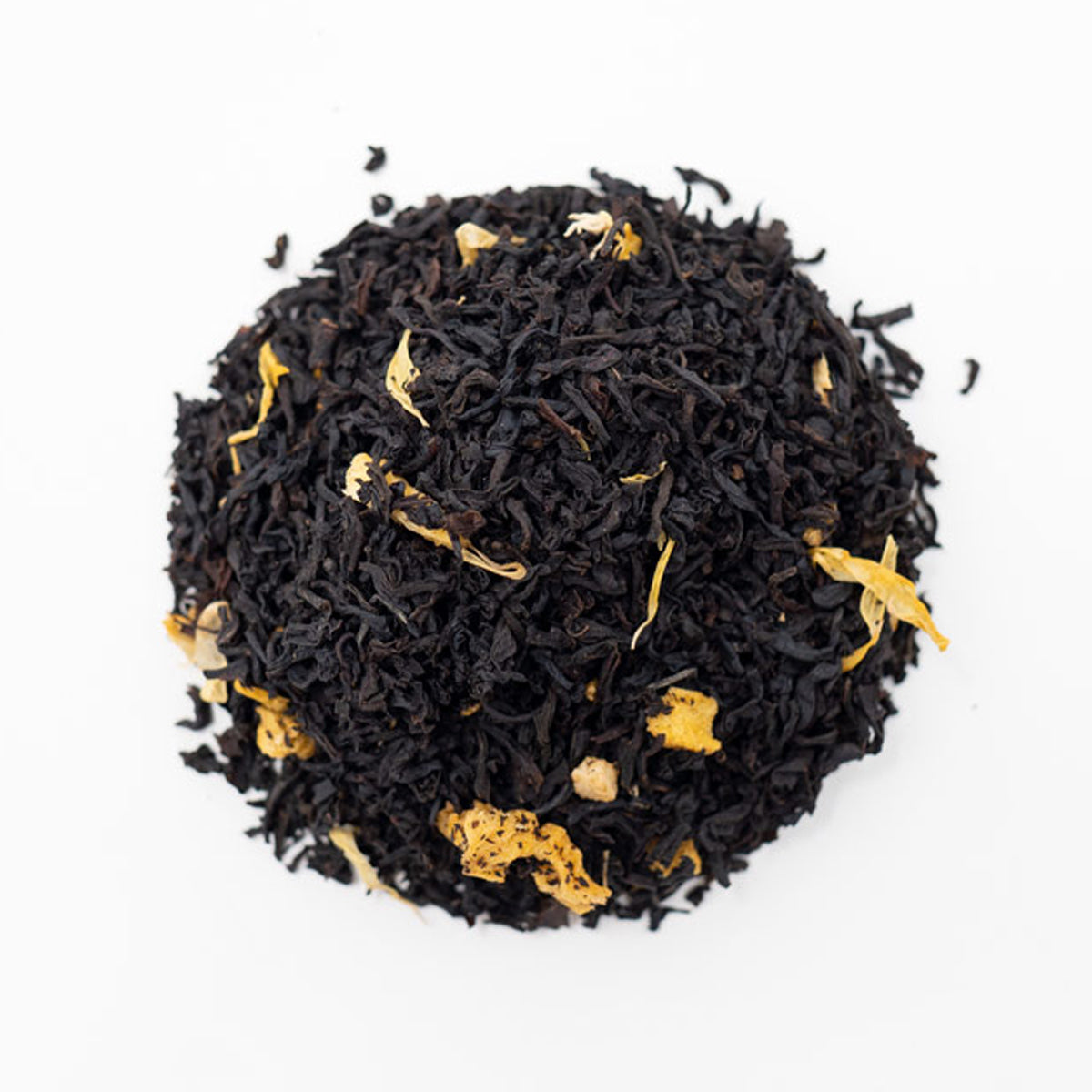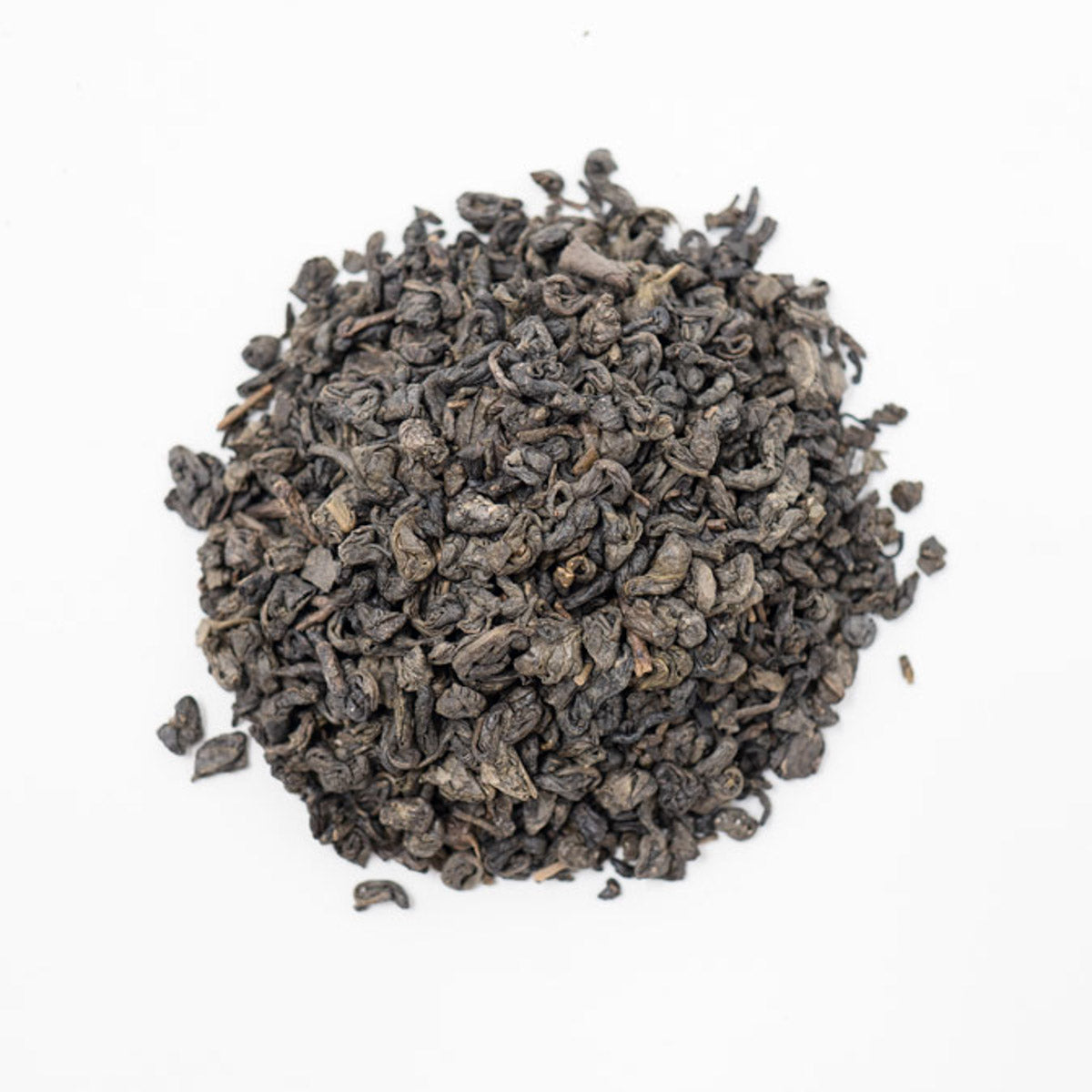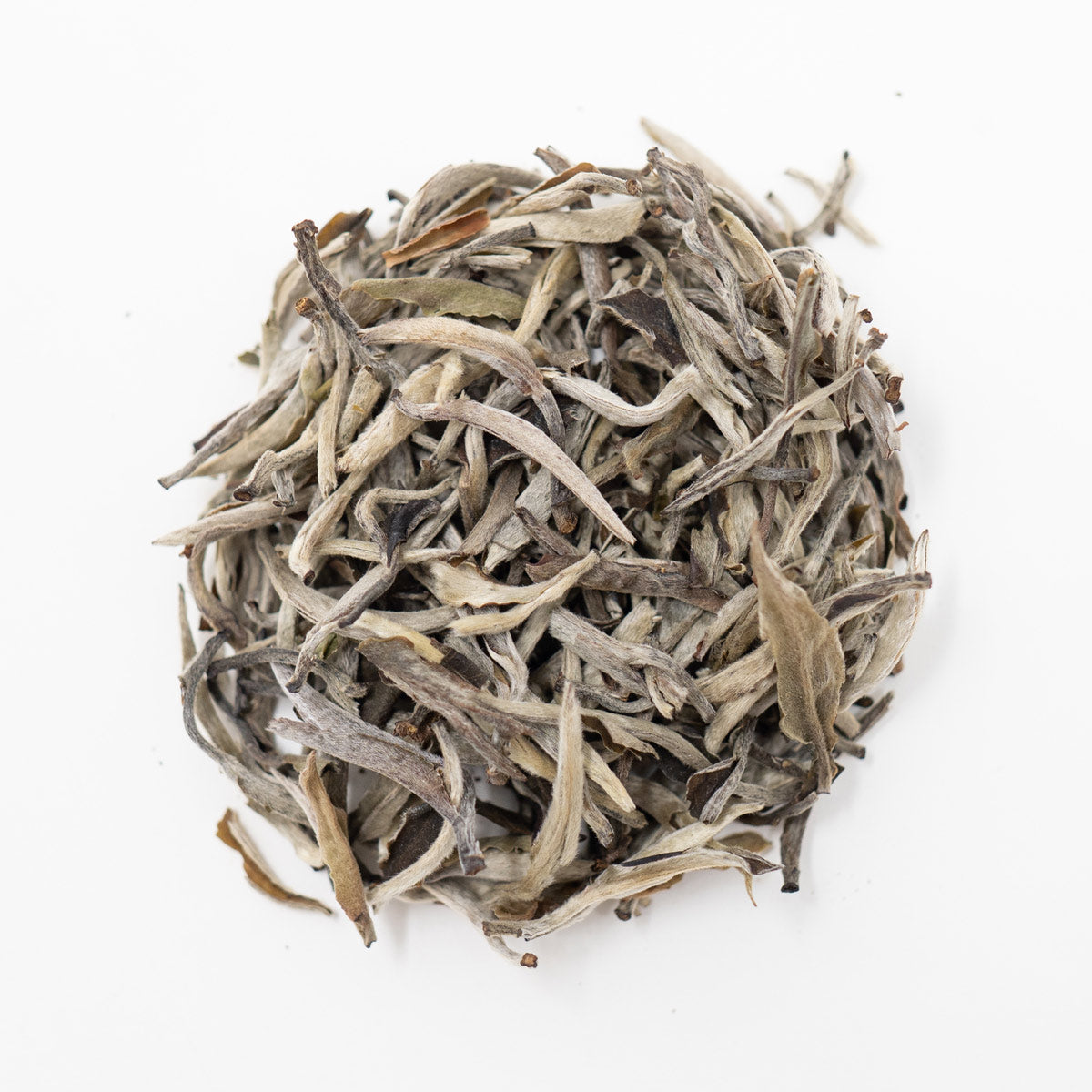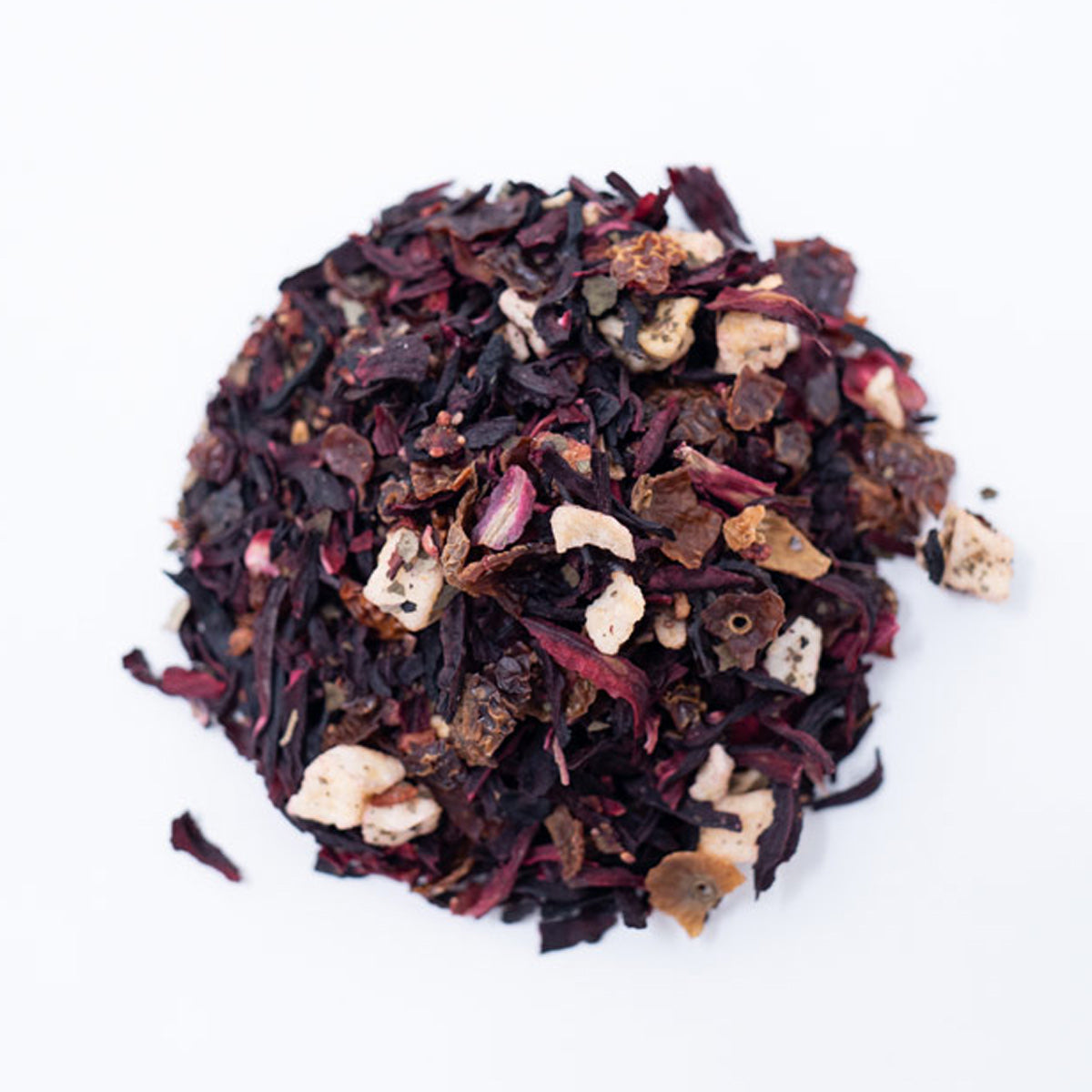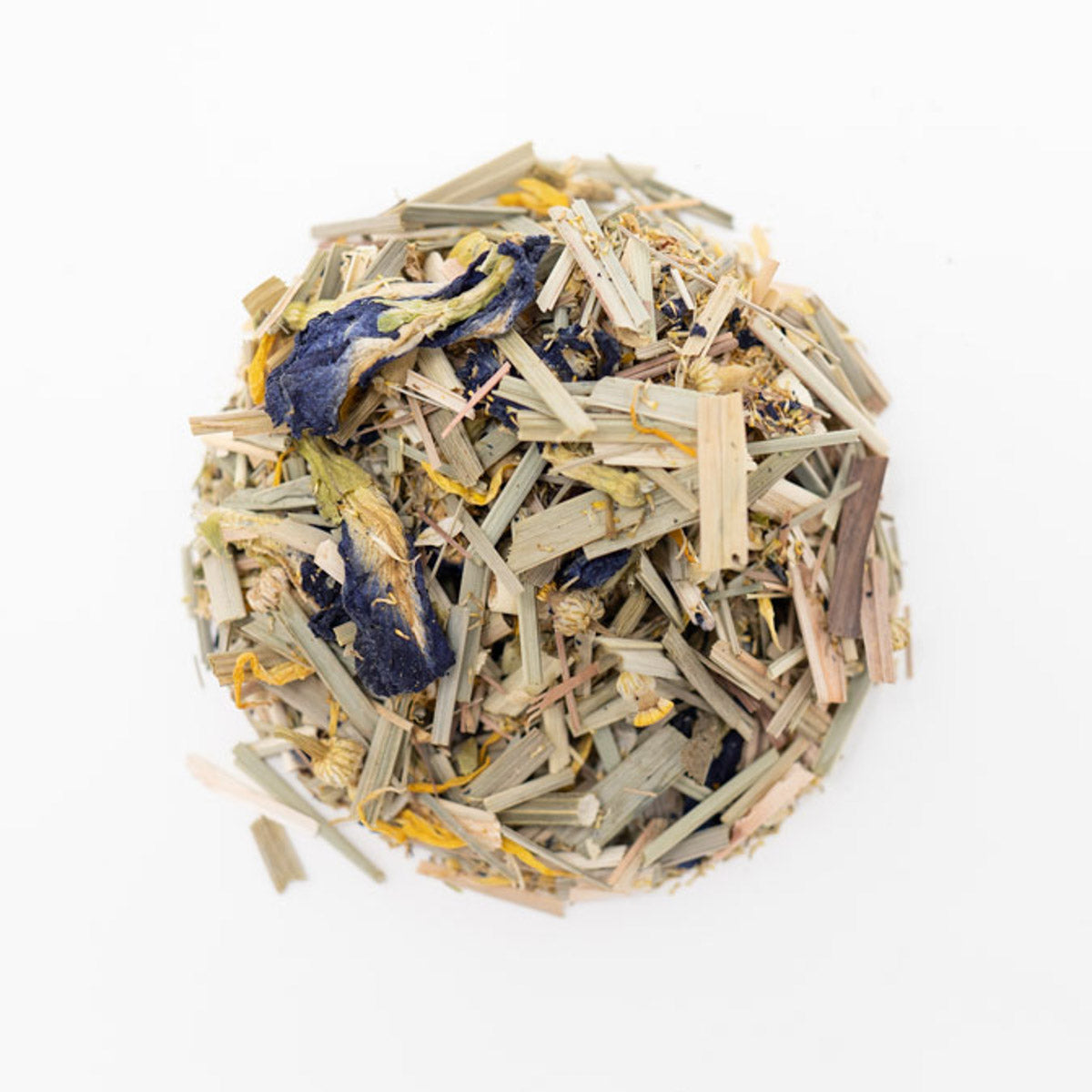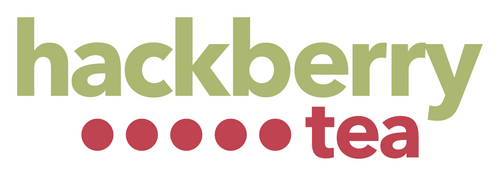Keep Calm & De-Stress with Tea
It’s no new notion that teas can be extremely beneficial for your health. This is a topic that we have discussed at length and in many capacities. The health benefits that can be found in tea are not only impactful to your physical health, but also your mental health - which is equally as important.
The World Health Organization (WHO)’s official definition of mental health is “a state of mental well-being that enables people to cope with the stresses of life, realize their abilities, learn well and work well, and contribute to their community.” When you take care of your mental health you are not only at your happiest, but also your healthiest and most productive. One way to help promote a healthy mind is by managing your stress.
Stress is a huge component in both your mental and physical health. WHO defines it as “a state of worry or mental tension caused by a difficult situation.” The American Psychiatric Association notes that stress is a natural reaction in the brain and is usually brief and situational. When stress kicks in, your body reacts by releasing stress hormones like adrenaline and cortisol, elevating your heart rate, increasing blood pressure, and boosting energy. These reactions are your body’s way of preparing you to react to a stressful situation if needed - sometimes referred to as “triggering your fight or flight.” That being said, stress is normal. However, prolonged periods of elevated stress can contribute to lasting physical and medical concerns like generalized anxiety disorder (GAD), depression, cardiovascular issues, coronary issues, and a weaker immune system.
To combat the negative side effects of excessive stress, it is important to prioritize your mental health. There are many things that you can do to accomplish this, and if you are particularly concerned you may consider talking to a medical professional. Some smaller everyday examples of things you can do to manage stress include taking a walk or spending time outside, exercising, stretching, practicing mindfulness, listening to music, talking to loved ones, practicing a favorite hobby, and - of course - unwinding with a delightful cup of tea!
When picking a tea to relax with, you may want to consider the caffeine level and ingredients. Herbal teas tend to be the best for de-stressing because they don’t have any caffeine*. Since your body naturally produces adrenaline and boosts your energy when experiencing stress, herbal tea may provide you with a bit of balance. Additionally, some herbal teas have incredibly beneficial ingredients that can further promote relaxation, which we have highlighted below.
Peppermint is considered to be the most widely used herb in the world. Genetically, it is a hybrid of the spearmint and watermint that was first discovered by Carl Linnaeus, a Swedish botanist, in the 18th century. In addition to containing a compound essential oil that can help relax the brain and body, this herb is also packed with antioxidants and vitamins. One of our favorite herbal peppermint teas is our Relaxing Mint Chamomile.
Speaking of chamomile, the chamomile herb is also known for being able to ease stress and anxiety. Chamomile is the common name for a group of plants in the Asteraceae family, with Matricaria chamomilla and Chamaemelum nobile being the two most popular species. Our Calm Mango Beach combines this herb with butterfly pea flower for a delicious, relaxing, and colorful brew.
Lavender -
Lavender, scientifically known as Lavandula, is a flowering herb native to the Mediterranean and Middle East. Also known for its soothing properties, lavender teas like our Evening Peace & Quiet are popular for de-stressing or preparing for bed. This herb is also commonly used in skincare and household products.
We hope this article has helped you learn more about stress management and how tea can play a part in it. We offer a variety of herbal teas and tisanes*, so there is sure to be something for everyone! Lastly, if you wish to take your de-stressing a step further by practicing mindfulness, we recommend trying a daily tea ritual!
* Make sure to double check caffeine levels in our product descriptions if you are specifically looking for a caffeine free tea. While most herbal teas are caffeine free, there are some tea variations (like Yerba Mate) that are classified as herbal but do still contain caffeine.
